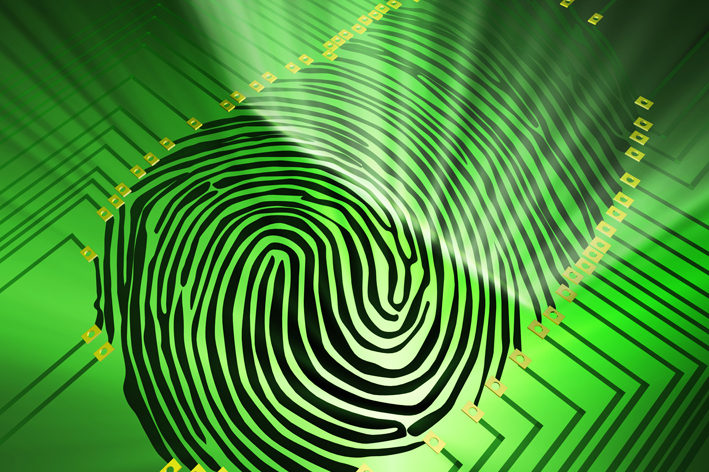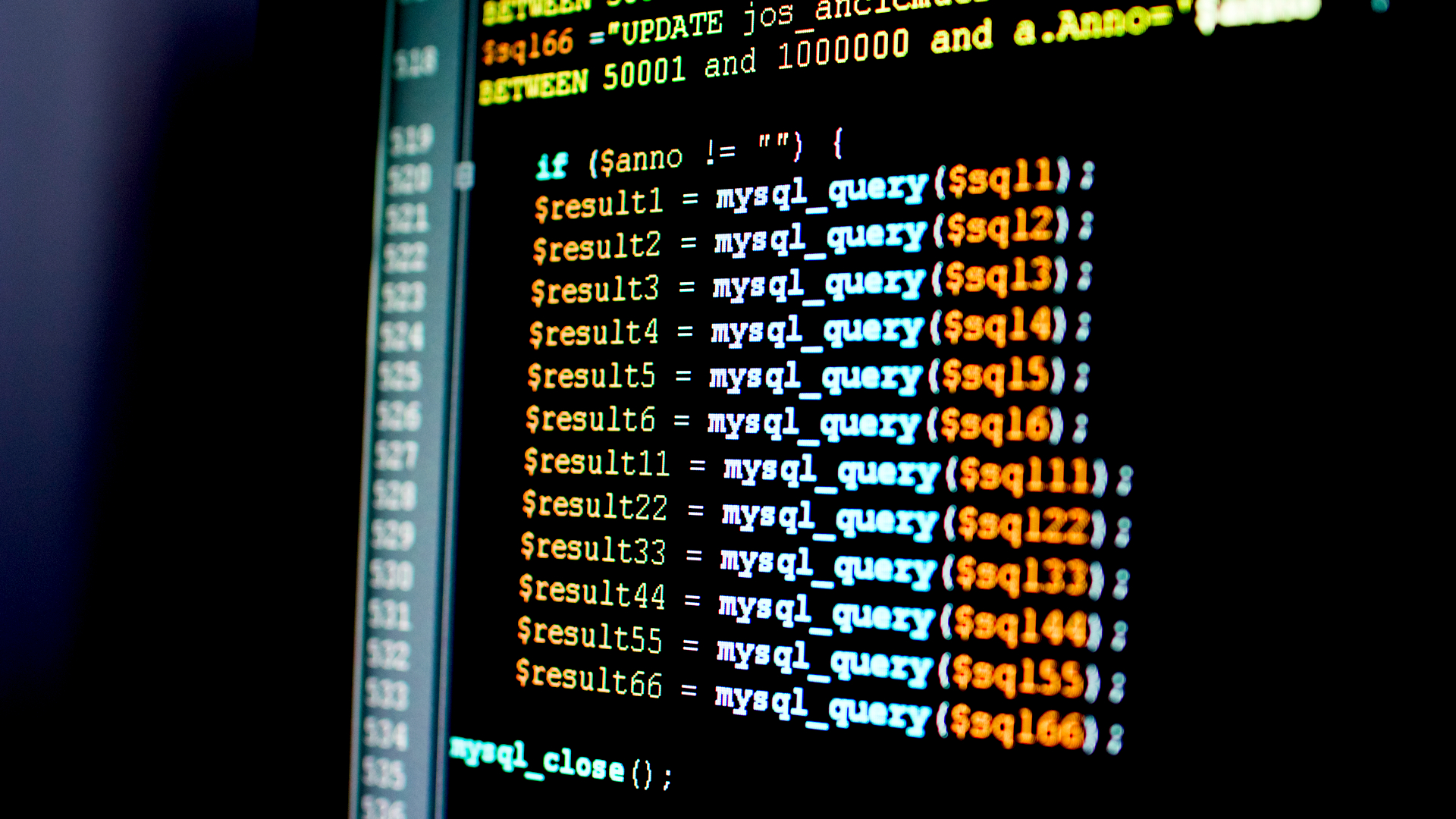Home Office: ID cards catch first illegal immigrant
The Home Office is singing the praises of its controversial identity card scheme, after the fingerprinting system caught its very first illegal immigrant weeks after launching.


The identity card scheme has caught its first illegal immigrant, the Home Office has said.
Foreign nationals those people from other countries looking to stay in the UK started being interviewed to receive biometric identity cards last month.
Indian-born Ranjit Singh applied to stay in the country on the basis of a common law relationship with a Briton, meaning that under the new rules he was forced to give his fingerprints to the UK Border Agency at an ID centre in Sohlihull on Monday - the first day such fingerprinting took place.
After his fingerprints matched that of a failed asylum seeker of the same name, Singh admitted to immigration officers he'd previously made a "bogus asylum application," the Home Office said.
Singh has been charged with "seeking leave to remain in the UK by deception" to which he pleaded guilty yesterday. He will be sentenced in January.
Gail Adams, the UK Border Agency's regional director, said the case showed that the controversial system makes it easier to catch illegal immigrants. "This instant result shows how effective identity cards will be in preventing immigration abuse. Individuals will be locked down to one identity through their facial image and fingerprints."
But Guy Herbert, general secretary of anti-ID card group NO2ID, asked: "What proportion of false matches are they turning
Get the ITPro daily newsletter
Sign up today and you will receive a free copy of our Future Focus 2025 report - the leading guidance on AI, cybersecurity and other IT challenges as per 700+ senior executives
up? And how good is the technology alone as evidence - that is real
evidence - against someone who doesn't admit a match that is found?"
Freelance journalist Nicole Kobie first started writing for ITPro in 2007, with bylines in New Scientist, Wired, PC Pro and many more.
Nicole the author of a book about the history of technology, The Long History of the Future.
-
 Cleo attack victim list grows as Hertz confirms customer data stolen
Cleo attack victim list grows as Hertz confirms customer data stolenNews Hertz has confirmed it suffered a data breach as a result of the Cleo zero-day vulnerability in late 2024, with the car rental giant warning that customer data was stolen.
By Ross Kelly
-
 Lateral moves in tech: Why leaders should support employee mobility
Lateral moves in tech: Why leaders should support employee mobilityIn-depth Encouraging staff to switch roles can have long-term benefits for skills in the tech sector
By Keri Allan
-
 Datadog Database Monitoring extends to SQL Server and Azure database platforms
Datadog Database Monitoring extends to SQL Server and Azure database platformsNews The tool offers increased visibility into query-level metrics and detailed explanation plans
By Praharsha Anand
-
 Oracle and Microsoft announce Oracle Database Service for Azure
Oracle and Microsoft announce Oracle Database Service for AzureNews Azure users can now easily provision, access, and monitor enterprise-grade Oracle Database services in Oracle Cloud Infrastructure
By Daniel Todd
-
 Elastic expands cloud collaboration with AWS
Elastic expands cloud collaboration with AWSNews Partnership aims to ease migration to Elastic Cloud on AWS, as well as simplify onboarding and drive go-to-market initiatives
By Daniel Todd
-
 Manage the multiple database journey
Manage the multiple database journeyWhitepaper Ensuring efficient and effective operations across multiple databases
By ITPro
-
 Automating the modern data warehouse
Automating the modern data warehouseWhitepaper Freedom from constraints on your data
By ITPro
-
 Freedom from manual data management
Freedom from manual data managementWhitepaper Build a data-driven future with Oracle
By ITPro
-
 Oracle’s modern data platform strategy
Oracle’s modern data platform strategyWhitepaper Freedom from manual data management
By ITPro
-
 Oracle autonomous database for dummies
Oracle autonomous database for dummiesWhitepaper Freedom from mundane, manual database management
By ITPro